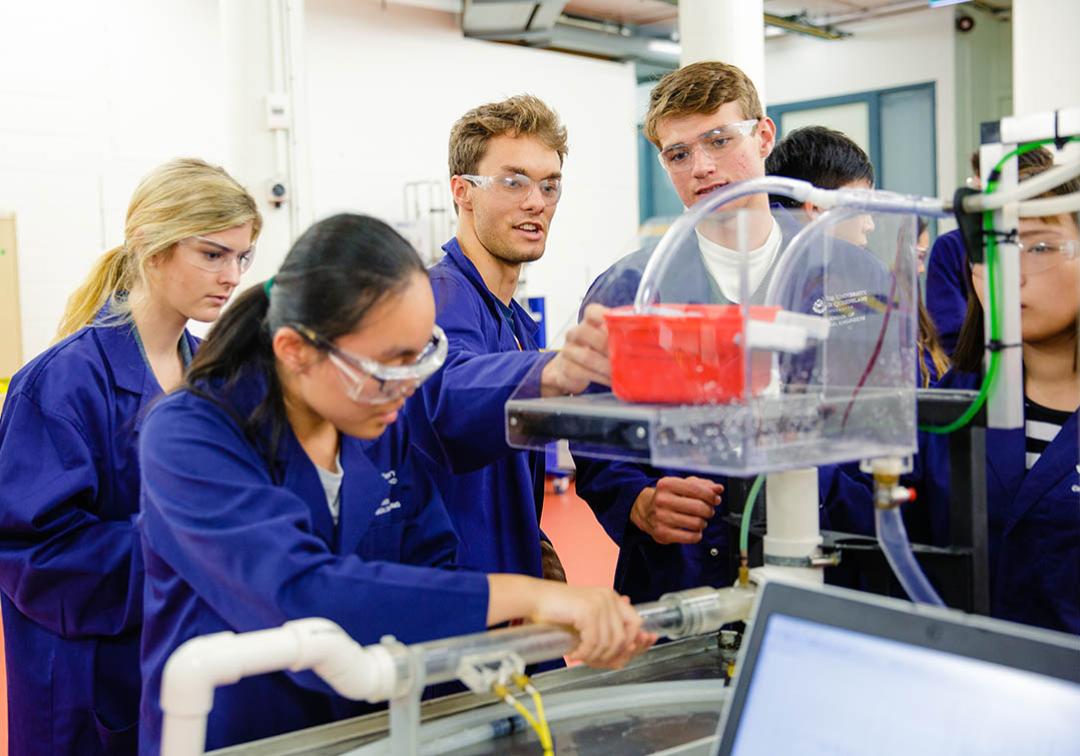
This field of study provides options for in-depth study in the broad engineering fields of structural, water and environmental, geotechnical and transportation engineering.
The program enables students to advance their existing civil engineering knowledge and skills through practice-focused and advanced technical courses coupled with experiential learning experiences. Students will also be able to work directly and intensively with academic mentors through a research project in their final year.
Careers
- Advanced environmental monitoring techniques
- Physical and numerical modelling of environmental fluid mechanics
- Advanced sustainable built environment
- Ground Improvement and remediation technologies
- Dam and embankment engineering
- Underground structures, modelling and support design
- Advanced concrete structures and concrete technology
- Design of composite structures
- Computational methods for design optimisation
- Spatial and quantitative methods for transport data analytics
- Advanced transport models for strategic transport planning
- Traffic simulation: Methods and applications
- Structural fire engineering
Average annual salary range
Civil Engineer
seek.com.au
Average annual salary range
Environmental Engineer
seek.com.au
Events
See all events
7 April
International Baccalaureate Research Skills Program

30 June
Queensland Biology Winter School, Year 11
Stories
See all stories
Study tips
Why choose UQ for environmental studies?
6-minute read
Stories
See all stories
Study tips
Why choose UQ for environmental studies?
6-minute read
How you'll learn
Your learning experiences are designed to best suit the learning outcomes of the courses you choose.
- Lectures
- Tutorials
- Fieldwork
What you'll study
At UQ, subjects are called 'courses'. Here's a sample of the courses you could study:
- Urban Hydrology
- Design of Composite Structures
- Pollution Control in Cities
- Strategic Transport Modelling
Keep up to date
Sign up to get information about applying and studying at UQ.



